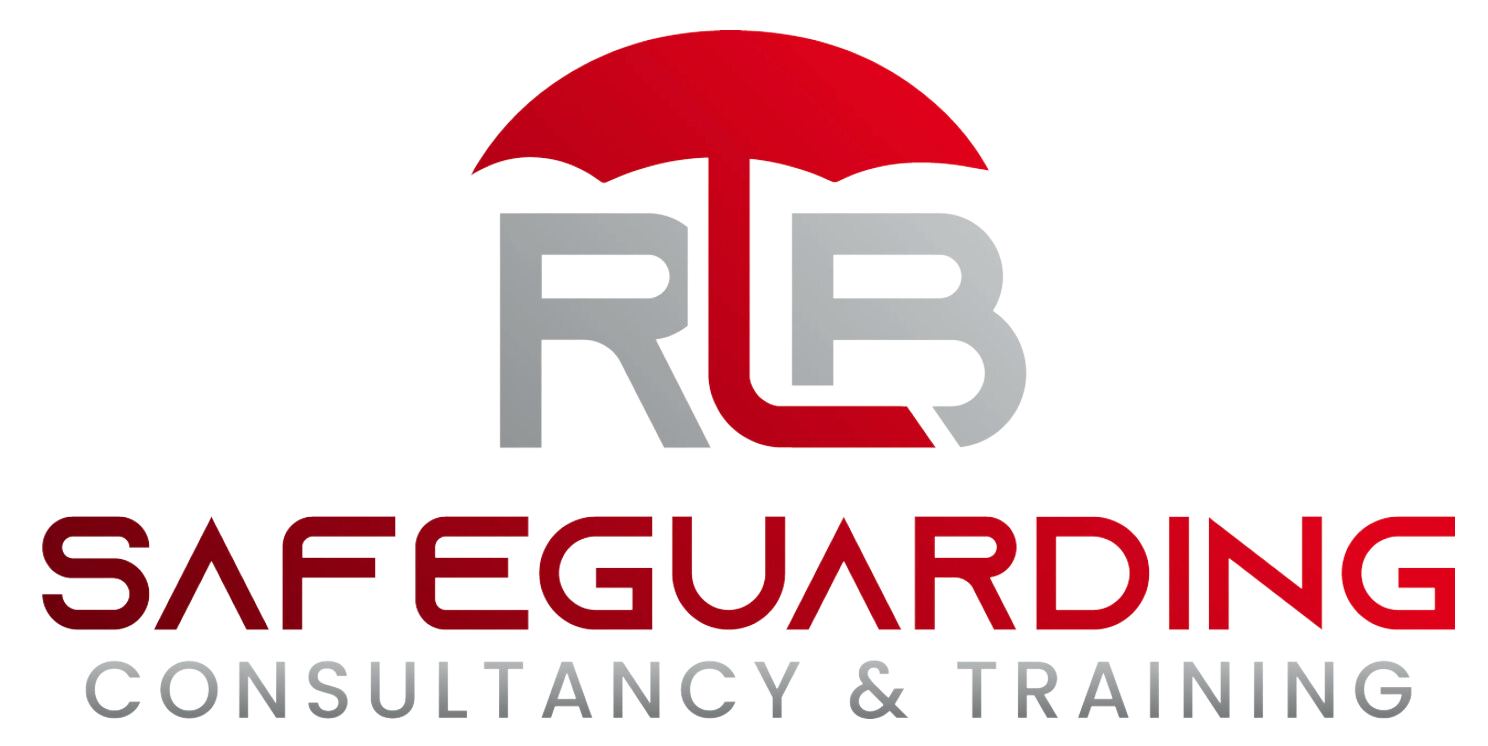Why implement a safeguarding policy?
A safeguarding policy is a statement of intent and describes what your organisation will do to keep people safe including any customers/service users, colleagues, and/or the public and it outlines the associated policies and procedures that have been put in place to prevent people from coming to harm, and how to appropriately respond to concerns.
The policy will provide a level of assurance, best practice, legislative compliance (if required), and governance in respect of what to do in the event of a safeguarding incident or crisis and can be bespoke to the type of organisation and service user criteria.
When implementing a Mental Health First Aid Style Initiative, a safeguarding policy should also include governance of what to do if a colleague is in crisis or at risk of suicide and how to report concerns regarding adults at risk and children that may be at risk of abuse.
An example could be a colleague who presents as having mental health concerns and describing that they have a plan to end their life due to their home situation. On further exploration, the colleague may then disclose that they are suffering from domestic abuse and have two young children at home. The policy will enable colleagues to ask the appropriate questions, respond effectively to disclosures of abuse, including understanding of the different types of abuse and potential safeguarding issues, understand their responsibilities in relation to confidentiality and how to then report concerns to the appropriate support or local authority services. This is then where the importance of safeguarding training comes in to ensure this knowledge and awareness is embedded.
The policy will also explain how concerns will be recorded, monitored, and evaluated and how records will be stored in accordance with GDPR.
Having a safeguarding policy not only provides a level of governance and assurance from a legislative perspective but also outlines an organisation’s duty of care to their colleagues, customers, and the public.
If you would like a free consultation to discuss a safeguarding policy or training for your organisation, please get in touch at rachaelbishop@rlbsafeguarding.co.uk or visit the RLB website at www.rlbsafeguarding.co.uk and use the contact us form.
